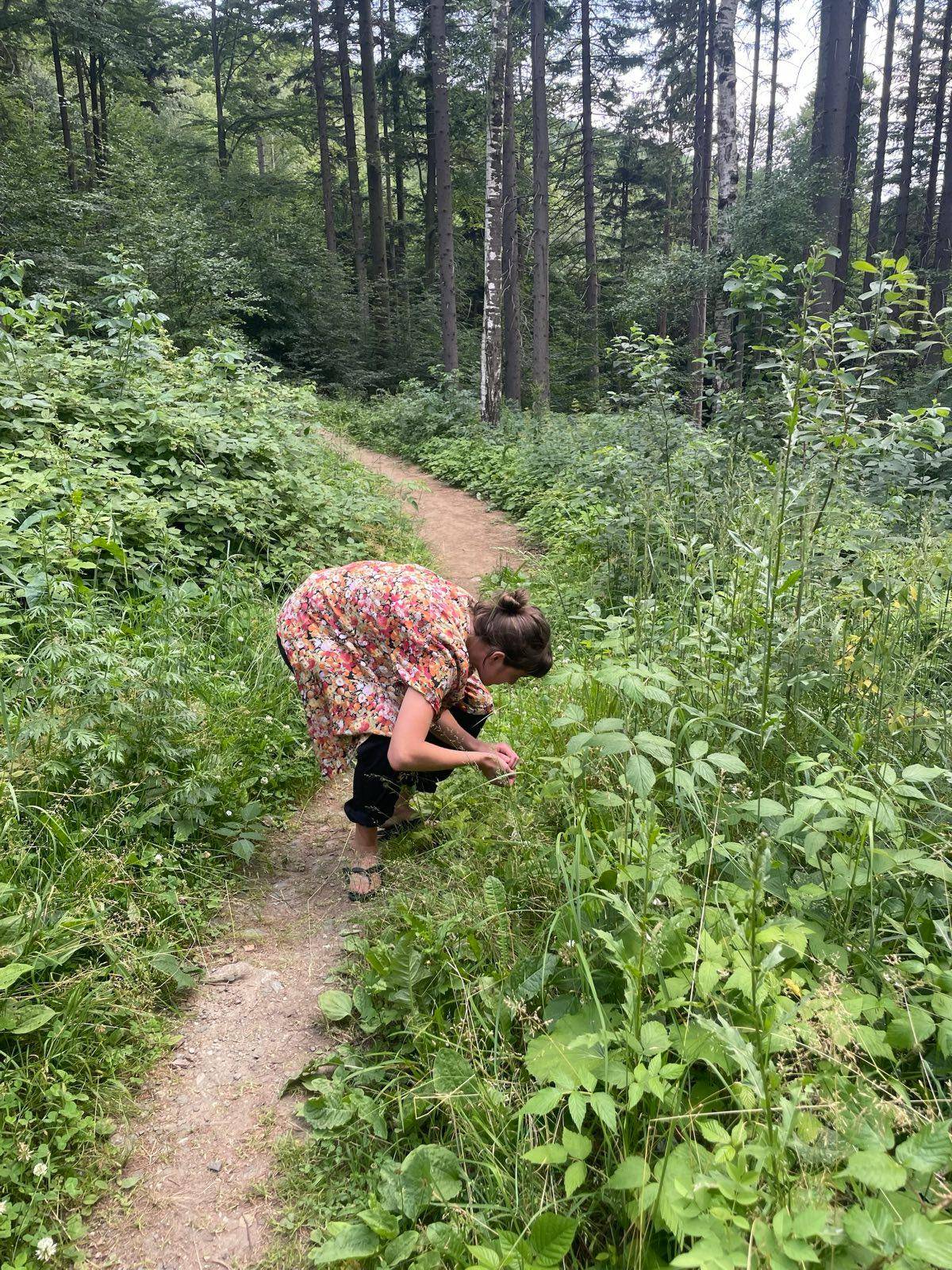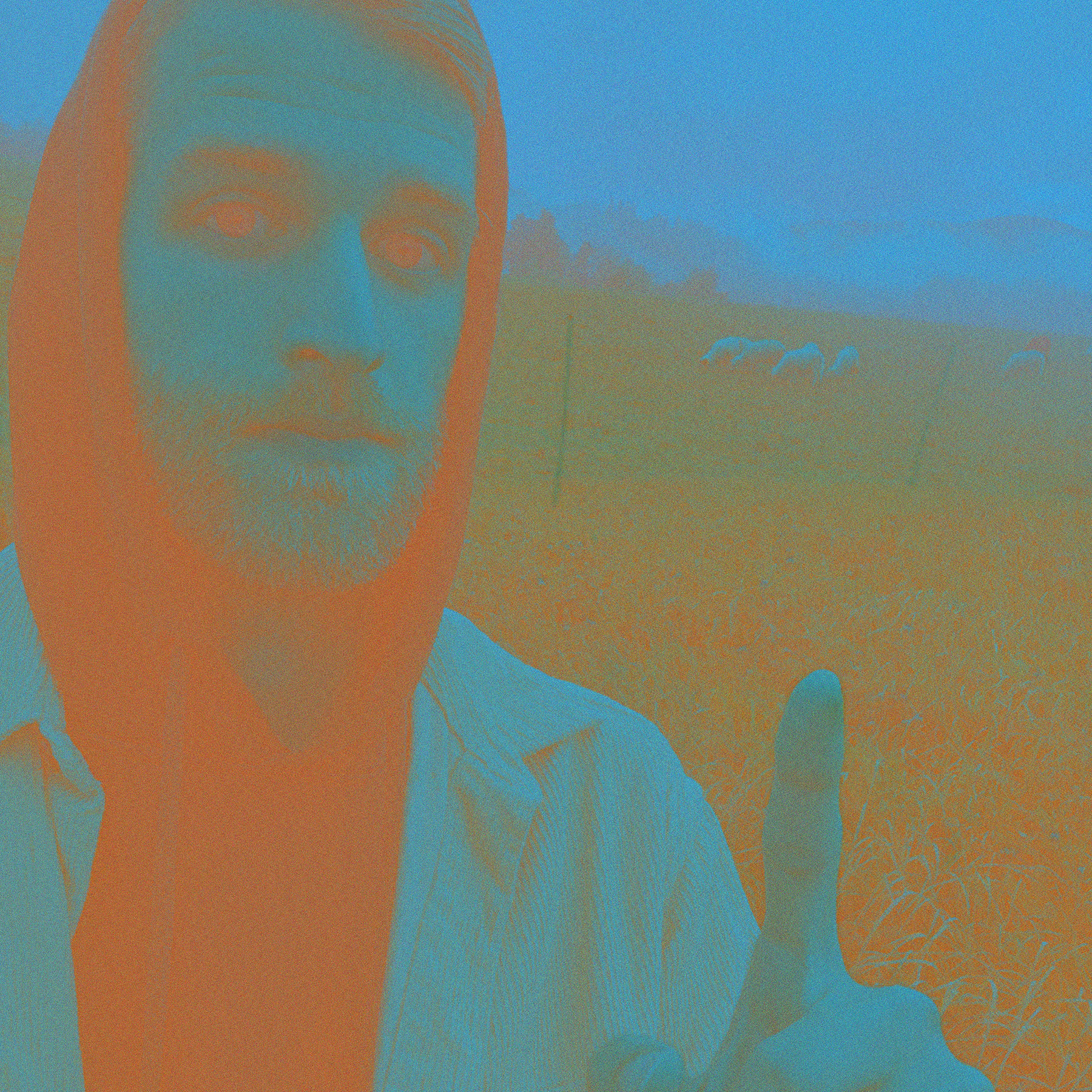
Arnošt Novák
Senior researcherAt the turn of the 1980s and 1990s, Arnošt Novák converted to anarchism and become involved in anarchist activities through literature and reading the rebel generation’s poems. He lived in the Ladronka squat, where DIY cultural and political events were organised and also participated in post-revolutionary samizdat publications such as Autonomie and Konfrontace. To complete his education and expand on his critical thinking, he began his studies at university at the age of 26, achieving a PhD. in Environmental Studies, and eventually ending up as a lecturer and assistant professor at the Faculty of Humanities at the University of Cambridge. He wrote the book Dark Green World. Radical Environmental Activities in the Czech Republic after 1989 (2017, in Czech) and has published extensively in journals such as Social Movement Studies, Journal of Urban Affairs, Communist and Post-Communist Studies, Social Studies, Contradictions and International Relations. Since he thinks that another world is not only possible but also necessary, and that it will eventually be as the world is constantly transforming, he continues to have one foot politically engaged in anti-authoritarian activities and the other in academia. This uncomfortable position allows him to counterbalance the activist stance with the critical distance offered by the social sciences, and in turn to complement the cool detachment of the seemingly objective researcher and academic with a passion for the topics under investigation.















